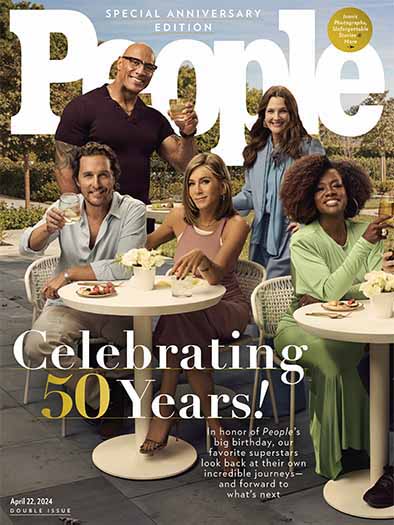They're the parents of a player. You'll recognize them because they're the ones carrying umbrellas, rain ponchos, winter coats, a big Thirty-One bag full of blankets, and enough money for the entire family to stuff themselves on popcorn and Spanish hot dogs and nachos because there wasn't enough time for supper before the game.
They bring the weather gear even on a clear night, you'll notice, because although clouds may burst with bucketfuls of rain or snow or both, the parents won't have the option of going home or even to the car. It doesn't matter if everyone else leaves the stands--as long as the players are on the field, their parents are in the bleachers.
She's the mother of a player. You'll recognize her because she's the one whose chin wobbles and whose eyes get big when someone screams at the player she belongs to. She's the one who only claps politely when her son's name is called in the team lineup because she doesn't want anyone teasing her about being unduly biased.
She's the one who, when her son does something wonderful on the field, comes completely unglued and spills popcorn and extra blankets all over the people below her on the bleachers as she jumps up and down and screams, "Way to go, honey!"
She's the mother of a player. You'll recognize her because when a player is down, regardless of who it is, she grows silent and covers her mouth with her hand and swallows hard. She's the one who says, "Is he all right? Is he getting up?" in a whisper heard all around. She's the one who, when he gets up and is fine, is first to clap her hands and laugh breathlessly and shake the fearful moisture from her eyes.
She's the mother of a player. You'll recognize her at the grocery store at five in the morning in her sweats buying food so her son can eat in that twilight time between school and game that is is own. She's the one who has washed uniforms 10,000 times and would cheerfully wash them 10,000 more if it will only keep the player safe.
He's the father of a player. You'll recognize him by his hat. It will have his son's team name on the front above the bill and a number stitched somewhere over his ear. It's a silent advertisement that says, "I'm his dad."
He's the father of a player. You'll recognize him because he's the guy working in the concession stand and craning his neck to see over the customers' heads. He will interrupt his "Can I help you?" spiel with a banshee yell of, "THAT'S IT! THAT'S IT!" and then go on as if nothing had happened. But he'll be smiling real hard.
He's the father of a player. You'll recognize him as the man in the bleachers who doesn't yell very much and never criticizes a player who is not his own. Mistakes make him angry, but someone else drawing attention to those mistakes makes him angrier.
He's the father of a player. You'll recognize him by the blaze of fierce pride that crosses his face and by the look of pain when the kid blows it. Every parent knows that expression of agony--it's the one you wear when you'd like to draw all your child's pain into yourself so he wouldn't have to feel it. Ever.
They're the parents of a player. On Senior Night, she'll be the one with a rose and he'll be the one with his chest puffed out. And their good cheer and enthusiasm on Senior Night will seem a little quiet, a little forced, because they know it's nearly over.
They know they'll soon be able to eat regular meals on Friday nights. That they'll no longer have to spend money on things like football packages and special shoes and funny gloves. That they won't have to sit on wobbly bleachers at away games and listen to announcers who can't pronounce their son's name.
They know the extra blankets and weather gear can go way to the back of the closet and they've probably bought the last bottle of rubber cement necessary for the scrapbook.
Pretty soon, they won't be reading Saturday morning's newspaper before the ink has completely dried and sitting at the kitchen table to listen to "Coach's Corner" on the radio. And they'll be envying the parents of underclassmen who play the game because they get to do it all again next year and maybe the year after.
They're the parents of a player. You'll recognize them because they're always there. Always.
















